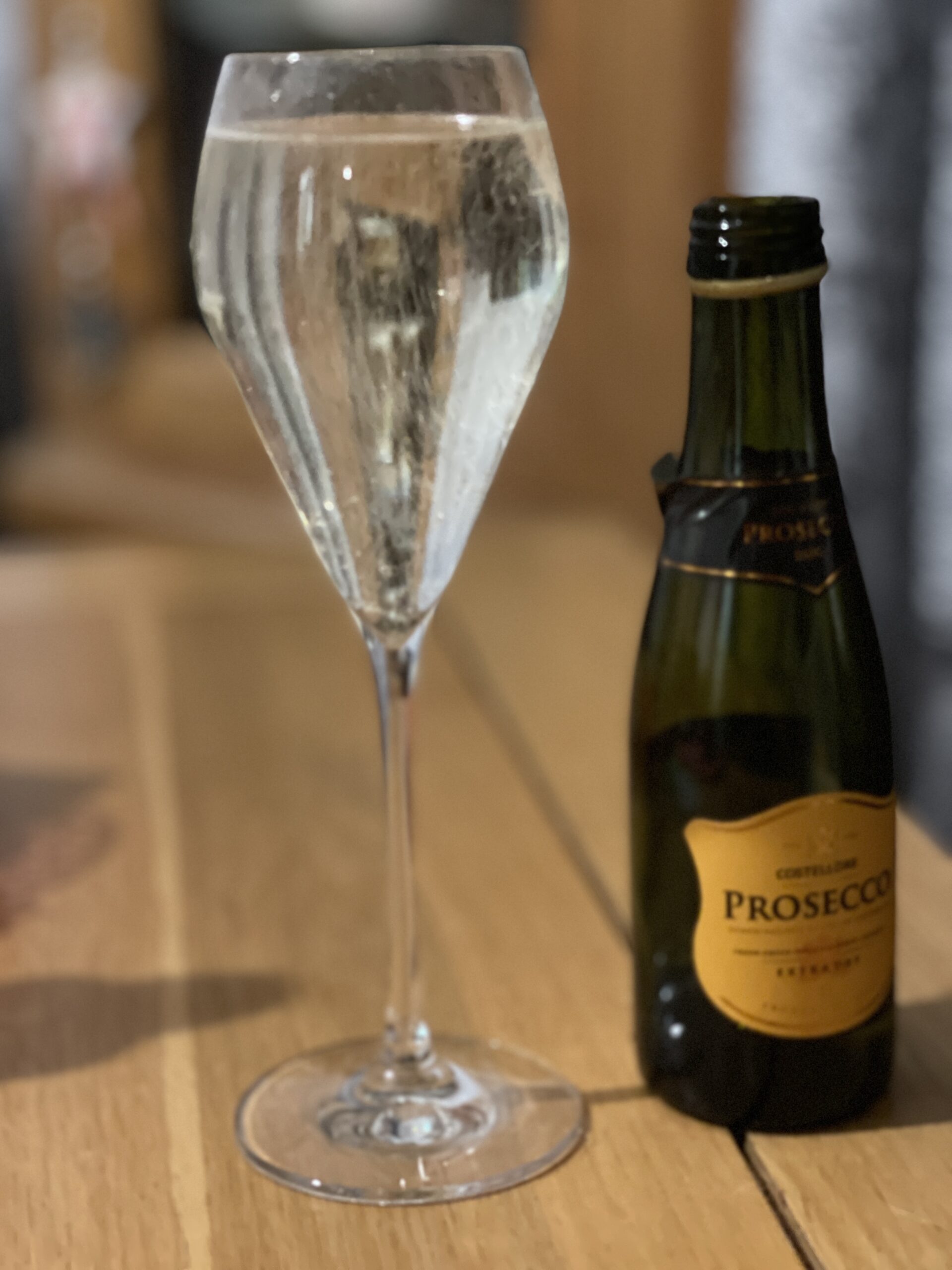Breaking the Cycle: A Path to Healing
Replacing Food with Wine: The New Diet Culture No One Talks About
Why GLP-1 drugs and alcohol misuse are fuelling a hidden eating disorder epidemic
The Hidden Costs of Neglect
The new “diet” no one’s talking about
There’s a dangerous new undercurrent in diet culture, and no one seems to be talking about it.
It’s not intermittent fasting.
It’s not cutting carbs.
It’s replacing food with wine.
Behind closed doors, more and more people, especially women, are skipping meals while on weight loss drugs like Ozempic, then turning to alcohol for “comfort,” release, and social ease.
It might look like control. But underneath, it’s a storm of anxiety, malnutrition, and hidden addiction.
And if this sounds familiar, you’re not alone
The Emotional Battle
“I feel like I’m cheating”
GLP-1 medications like Ozempic and Wegovy suppress appetite, sometimes so effectively, you can go a whole day without eating. That might feel like a win for your weight. But what happens when the only calories coming in… are from alcohol?
You start to feel like you’re cheating the system.
You’re shrinking, so people tell you, “You look amazing!”
But inside? Your mental health is quietly falling apart.
Understanding the Cycle
Calories in a bottle, comfort in a glass
“I’ve had a glass of wine instead of dinner.”
It sounds flippant.
It’s not.
Wine gives the illusion of comfort, especially when food no longer feels safe.
You’re praised for weight loss, but you’re drained, depressed, and dizzy.
You want to eat, but the appetite’s gone.
So you reach for the only thing that still gives you a dopamine hit.
Steps to Break the Cycle
But what about your bone density?
This isn’t just about disordered eating. It’s about long-term damage no one’s talking about:
➔ Alcohol + calorie restriction = nutritional depletion
➔ Low calcium and vitamin D = weakened bones
➔ Suppressed appetite = poor protein intake
➔ Drinking in place of meals = muscle loss and low energy
Underneath the surface: osteoporosis, poor sleep, digestive issues, anxiety, mood swings — and all the signs of a system in distress.
And all of it hidden behind “success” on the scales.
ll, are powerful tools in initiating meaningful change and fostering a healthier relationship with food and drink.
Understanding the Journey
What diet culture forgets to mention
Diet culture rarely talks about how much alcohol is part of the problem.
You’re not weak. You’re coping.
➔ You’re trying to manage stress, social anxiety, and hunger cues that are all over the place.
➔ You’re told to stay in a calorie deficit, but no one explains what that actually means when your calories come from wine.
➔ You’re trying to numb the emptiness, both physically and emotionally.
It’s not your fault. However, it is something we need to examine more closely.
Understanding Eating Disorders
A perfect storm for addiction
GLP-1 medications are powerful.
Alcohol is powerful.
Together, they create a perfect storm.
You’re no longer eating enough to regulate your blood sugar.
You’re drinking enough to feel something, anything.
You’re being praised for shrinking.
But your nervous system is crying out for help.
The validation is addictive.
The restriction is addictive.
The wine is addictive.
And it’s all hiding in plain sight.
Understanding the Impact of Alcohol on Eating Disorders
So what can we do about it?
First: awareness.
Know that if you’re replacing food with wine, you’re not alone. This is a growing and deeply misunderstood problem.
Then: nourishment.
Your brain and body need more than just praise for weight loss. They need real fuel.
Start small:
➔ Add one protein-rich meal back into your day
➔ Have a glass of water before you pour wine
➔ Reach out to someone, a friend, therapist, or professional, who will listen without shame
Understanding the Cycle of Recovery
My work with clients
I support women (and men) every day who are caught in this quiet battle.
It’s not always binge eating or full-blown alcoholism.
It’s the grey zone: the skipped lunch, the wine at 6 p.m., the unspoken shame.
My approach is always:
➔ Non-judgemental
➔ Neurodiversity-informed
➔ Realistic and compassionate
If you feel like food has become a battleground, or alcohol has become your crutch, let’s talk.
You don’t have to wait until it gets worse.
You don’t have to do this alone.
Becky Stone
I’m Becky Stone, a qualified eating disorder therapist based in the UK. I work with both teens and adults, offering a calm, non-judgemental space to explore what recovery really means, on your terms. My work is shaped by both professional training and lived experience, and I specialise in supporting neurodivergent individuals, including those with ADHD and autism. My approach is flexible, trauma-informed, and shame-free. Recovery isn’t about perfection, it’s about rebuilding a safe relationship with food, your body, and yourself.
Reach Out for Support
If you’re feeling overwhelmed by the impact of alcohol and weight loss on your health, both physically and emotionally, consider reaching out for support. I offer therapy that is trauma-informed and tailored to meet your unique needs. My approach is compassionate, understanding, and focused on helping you navigate these challenges in a safe and supportive environment.
You don’t have to wait until things feel unmanageable to seek help. Taking the first step towards therapy can be empowering and transformative. Let’s work together to create a path that honors your journey and supports your well-being.
Join Our Supportive Community
Subscribe to receive weekly emails filled with trauma-informed insights and practical guidance on your recovery journey. Our emails are crafted to support your healing process, offering encouragement and tools to help you rebuild self-worth and resilience. Sign up today to start receiving compassionate support directly to your inbox.





